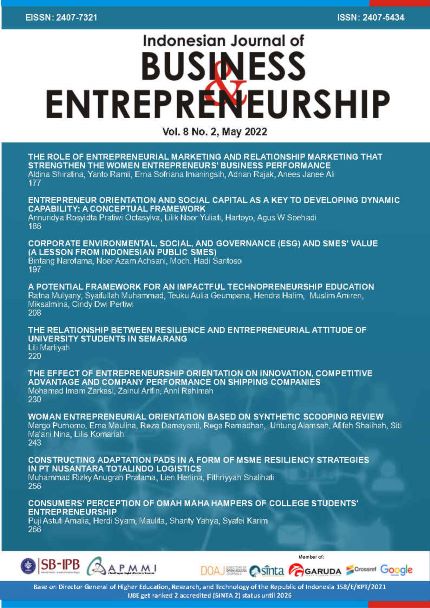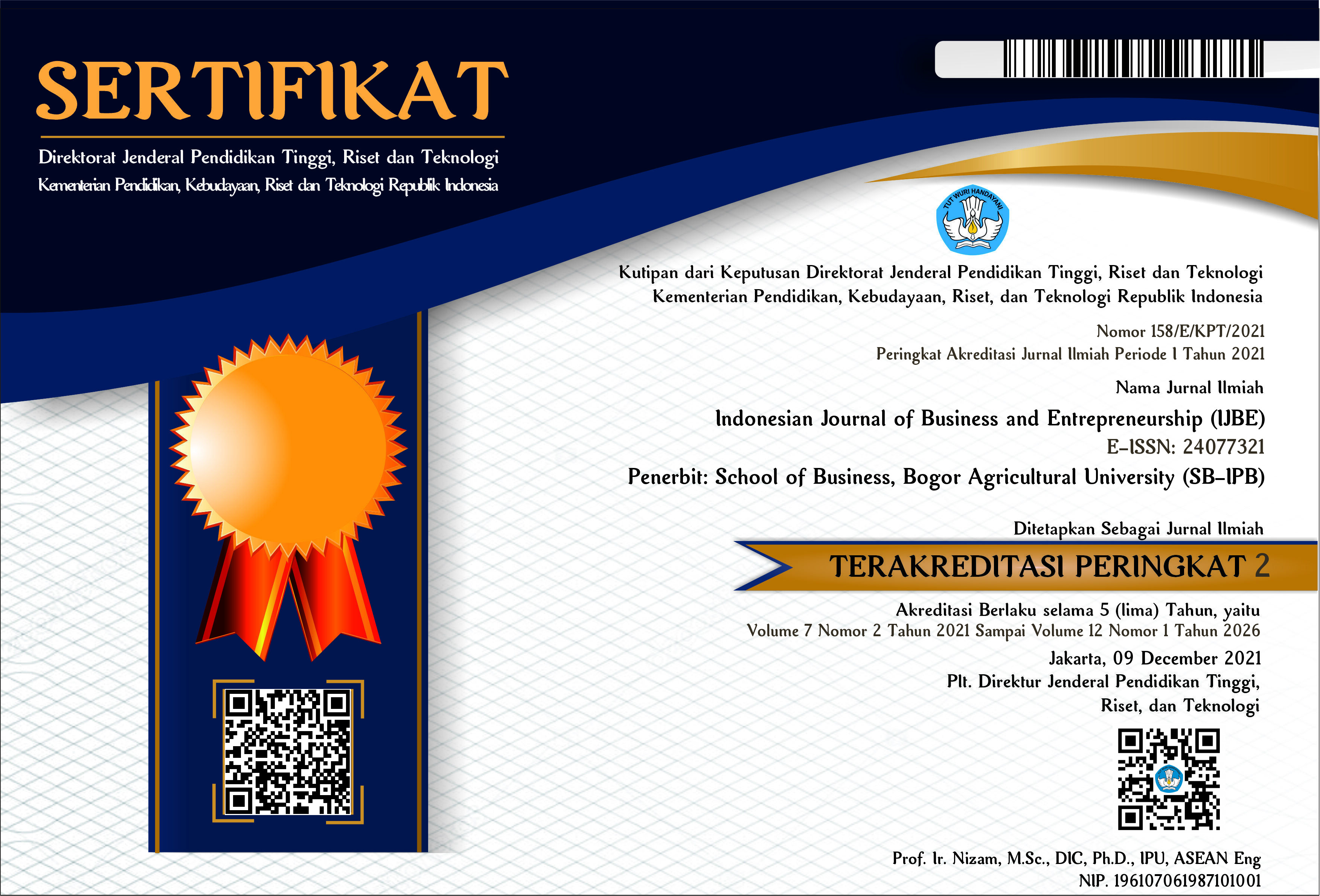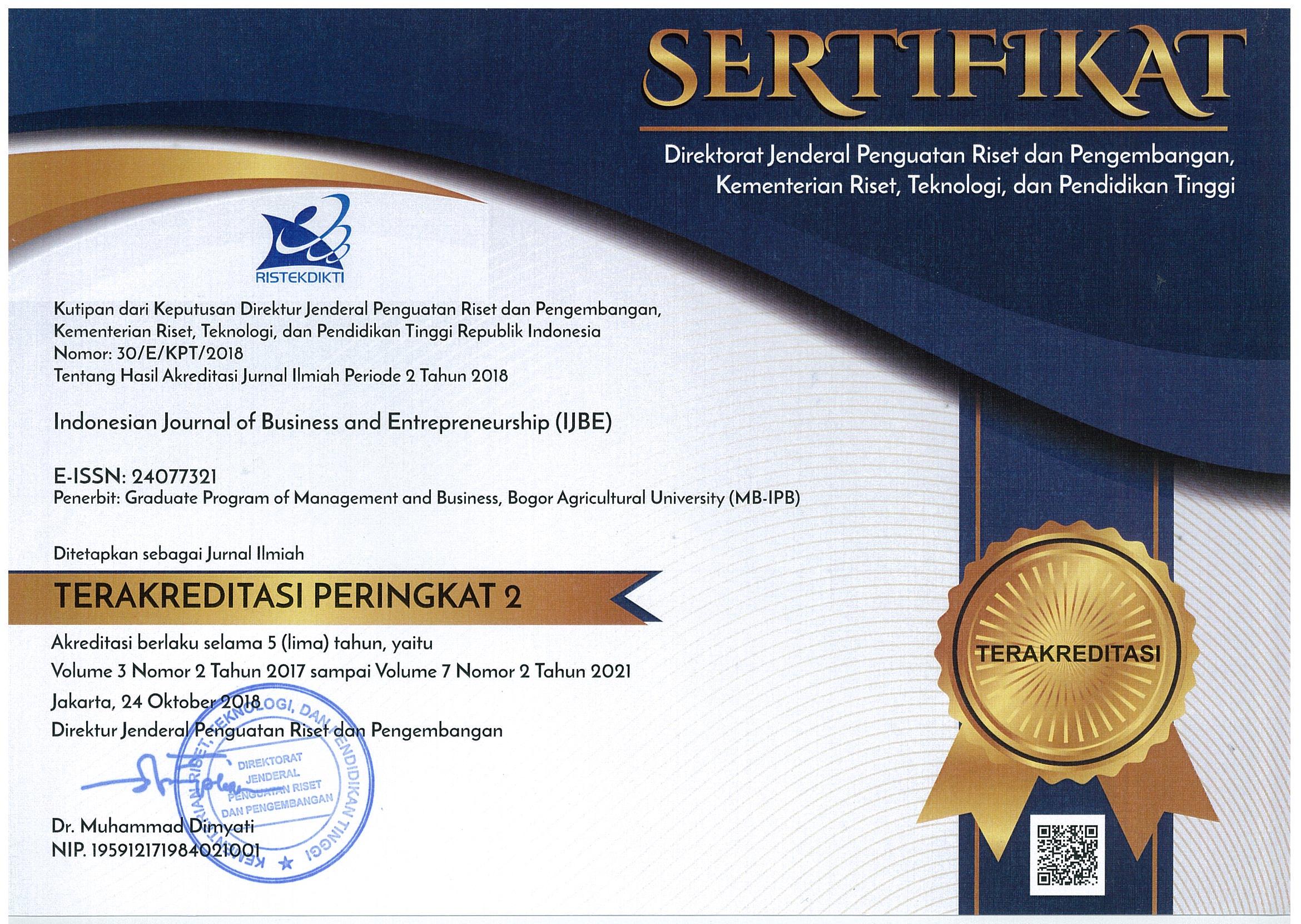Virtual Reality Experience In Indonesian Tourism
Abstract
The shift in the pattern of the tourism industry is inseparable from technological developments. In recent times, a concept known as virtual reality has developed in the tourism sector. The purpose of this study is to determine the antecedents of tourist experience satisfaction, which in turn will shape tourist attitudes. The author explores further the relationship of each variable studied using the Stimulus Organism Response (SOR) framework. The method used in this research is experimental. Respondents were determined as many as 100 people with certain requirements. The data that has been collected is processed using SEM-PLS software. The results of the study stated that all the hypotheses tested were positive, but not all were significant. The author finds that tourist interactions with tourist destinations carried out in the realm of virtual reality are not sufficient to provide significant satisfaction. Another finding in this study shows that the experience satisfaction felt by tourists does not always encourage tourists' attitudes to visit tourist destinations.








